Choosing the right OMEGA-3 Fatty Acids - Fish Oil V/S Algal DHA
Why Omega-3s?
Omega-3s are like superheroes for your health! These special fatty acids, including EPA and DHA, are like the building blocks that keep your body running smoothly. They're the VIPs that support your heart by keeping blood clotting in check, lowering triglycerides, and making sure your ticker stays in tip-top shape.
But that's not all – omega-3s are also brain boosters! Your brain loves DHA to keep its structure solid, helping with memory, clear thinking, and overall mental happiness.

Think of omega-3s as your body's peacekeepers too. They're anti-inflammatory champs, calming down any internal chaos and reducing the risk of heart issues. A study by Mozaffarian and Wu in 2011 even showed that having enough omega-3s can seriously lower the chances of heart problems.
What Foods Contain Omega-3s?
Fatty fish like salmon and trout are top-notch sources, delivering a healthy dose of EPA and DHA for heart and brain wellness. If you're more into plant power, flaxseeds and walnuts are the go-to options. They contain ALA, a type of omega-3 that your body can turn into EPA and DHA, although not as efficiently. A study by Lane et al. (2014) dives into the details of getting omega-3s from plant sources, giving you insights into a balanced and sustainable diet.
So, whether you're a fish fan or a plant enthusiast, mixing these foods into your meals is a delicious way to make sure you're getting the omega-3 goodness your body craves.

Benefits of Omega-3s:
-
Heart Health Booster:
Omega-3s do wonders for your heart, keeping blood pressure and triglyceride levels in check. A study by Geleijnse et al. (2002) even found that they work their magic on lipids and help manage blood sugar in type II diabetes.

-
Brain's Best Friend:
DHA, the best of omega-3s that support brain health. According to Harris and Kris-Etherton (2010), omega-3s are like brain fuel, improving mental health and aiding in the brain development of little ones.

-
Inflammation Fighters:
Omega-3s aren't just good for the heart and brain; they're also strong anti-inflammatory agents. Bernasconi et al. (2018) dive into the impact of omega-3 doses on cardiovascular outcomes, highlighting their potential to ease inflammatory conditions.

What is Fish Oil?
Fish oil, a popular dietary supplement, comes from the tissues of fatty fish like salmon, mackerel, and anchovies. This golden oil is packed with omega-3 fatty acids, specifically EPA and DHA, essential for our health. In fish oil, these fatty acids come in triglyceride form, a structure easily absorbed by our bodies.
Numerous studies, like the one by Mozaffarian and Wu in 2011, have delved into the benefits of fish oil, especially for the heart. Consistent findings show that it helps lower the risk of cardiovascular diseases by positively affecting factors such as blood pressure, cholesterol levels, and overall heart health. Fish oil has become a go-to for wellness thanks to its omega-3 goodness, which plays a crucial role in various bodily functions vital for overall health.

How is Fish Oil Harvested?
Harvesting fish oil is a careful process done through molecular distillation, which separates and purifies the omega-3-rich goodness. Think of it like getting the pure essence of the good stuff from fish. It's important to do this in a way that's kind to the environment and doesn't harm fish populations. Sustainable practices, as explained by Lane et al. (2014), make sure we get our omega-3s without causing any harm to our oceans. So, when you're choosing fish oil, look for ones that follow these eco-friendly methods—it's good for you and the planet!
What is Krill Oil?
Krill oil, a high omega-3 supplement, comes from tiny ocean creatures called krill. What makes it special is its omega-3 mix, mainly EPA and DHA, packaged as phospholipids. These phospholipids might help your body soak up omega-3s better, making krill oil a potentially more body-friendly option than regular fish oil. Now, there's a bit of debate about whether krill oil is a superhero compared to fish oil. According to a study by Ulven et al. (2011), krill oil has potential perks, but we're still figuring out if it's the ultimate omega-3 champion. So, while scientists are working on it, it's good for us to keep an eye on the research and see what krill oil might bring to the table for our health.

What is Algae Oil?
Algae oil is a unique molecule in the world of omega-3s, offering a plant-based alternative to regular fish oil. This innovative oil is sourced directly from microalgae, the original creators of omega-3 fatty acids in the ocean. Unlike traditional fish oil, which requires harvesting from fish, algae oil skips the fishy middleman, making it a sustainable and vegetarian-friendly choice.
The process of making algae oil is pretty cool, too. Microalgae are cultivated in controlled environments to ensure a clean and pure source of omega-3s. This not only aligns with ethical choices for vegetarians and vegans but also tackles concerns about overfishing and the environmental impact linked to traditional fish oil. In-depth research by Yew and Shih (2021) sheds light on the production methods and health benefits of algae oil, making it clear that this green alternative is not just good for you but also for the planet. So, if you're into plant-powered options and want your omega-3s without the fish, algae oil is a promising and eco-friendly choice to explore.

Is Algae Oil Sustainable?
Absolutely yes! Algae oil is like the eco-friendly source of omega-3 supplements. Unlike traditional fish harvesting, cultivating microalgae for oil production needs way fewer environmental resources, waving goodbye to worries about overfishing. By breaking free from fish reliance, algae oil becomes a superhero for marine ecosystems. Plus, the way they grow microalgae for oil is super smart – closed-loop systems with precise control—making sure we get our omega-3s without accidentally harming the environment. It's not just about being good for you; it's about being kind to our planet. So, if you're all about sustainability and want your omega-3s guilt-free, algae oil is the way to go!
How Well Does the Body Absorb Algae Oil?
Your body is pretty good at soaking up omega-3s from algae oil, just like it does from fish oil. According to a study by Ghasemifard and pals in 2019, they checked out how well our bodies grab onto DHA—a crucial omega-3 – from both algae oil and fish oil. There’s no big difference! This means your body treats DHA from algae oil just as well as it does from fish oil. So, if you're wondering if algae oil is up to the task of giving your body the required dose of omega-3, science says, "Absolutely!" It's a reliable and efficient alternative that your body high-fives.
Final Takeaway:
To sum it up, adding omega-3s to your diet is a fantastic move for better health, whether it's from fish oil, krill oil, or algae oil. Each option has its perks, so it really comes down to what suits your taste, sustainability goals, and health needs. Whether you go for the classic fish oil benefits, High end with high strength krill oil, or choose eco-friendly vibe of algae oil, the key is to make a choice that fits your values and health aspirations. Remember, everyone's different, and getting advice from as expert is very important for personalized guidance on omega-3s. With their help, you can confidently navigate the omega-3 world, picking what's best for your well-being. It's all about making informed choices that make you feel good inside and out!
Clinical References:
- Mozaffarian, D., & Wu, J. H. (2011). Omega-3 fatty acids and cardiovascular disease: effects on risk factors, molecular pathways, and clinical events. Journal of the American College of Cardiology, 58(20), 2047–2067.
- Lane, K., Derbyshire, E., Li, W., & Brennan, C. (2014). Bioavailability and potential uses of vegetarian sources of omega-3 fatty acids: a review of the literature. Critical Reviews in Food Science and Nutrition, 54(5), 572–579.
- Harris, W. S., & Kris-Etherton, P. M. (2010). Effects of omega-3 fatty acids on lipids and glycemic control in type II diabetes and the metabolic syndrome and on inflammatory bowel disease, rheumatoid arthritis, renal disease, systemic lupus erythematosus, and osteoporosis. The American Journal of Clinical Nutrition, 93(6), 1299S–1306S.
- Geleijnse, J. M., Giltay, E. J., Schouten, E. G., & Katan, M. B. (2002). Cardiovascular and other effects of n-3 fatty acids in patients with dyslipidemia. The American Journal of Clinical Nutrition, 77(4), 799–805.
- Ulven, S. M., Kirkhus, B., Lamglait, A., Basu, S., Elind, E., Haider, T., ... & Pedersen, J. I. (2011). Metabolic effects of krill oil are essentially similar to those of fish oil but at lower dose of EPA and DHA, in healthy volunteers. Lipids, 46(1), 37-46.
- Yew, J., & Shih, E. (2021). Algal-Oil-Derived Docosahexaenoic Acid: A Review of its Production, Health Effects, and Future Directions. Foods, 10(10), 2324.
- Ghasemifard, S., Sinclair, A. J., Kaur, G., & Lewandowski, P. (2019). Turchini GM. What is the most effective way of increasing the bioavailability of dietary long chain omega-3 fatty acids--daily vs. weekly administration of fish oil?. Asia Pacific journal of clinical nutrition, 28(4), 675.
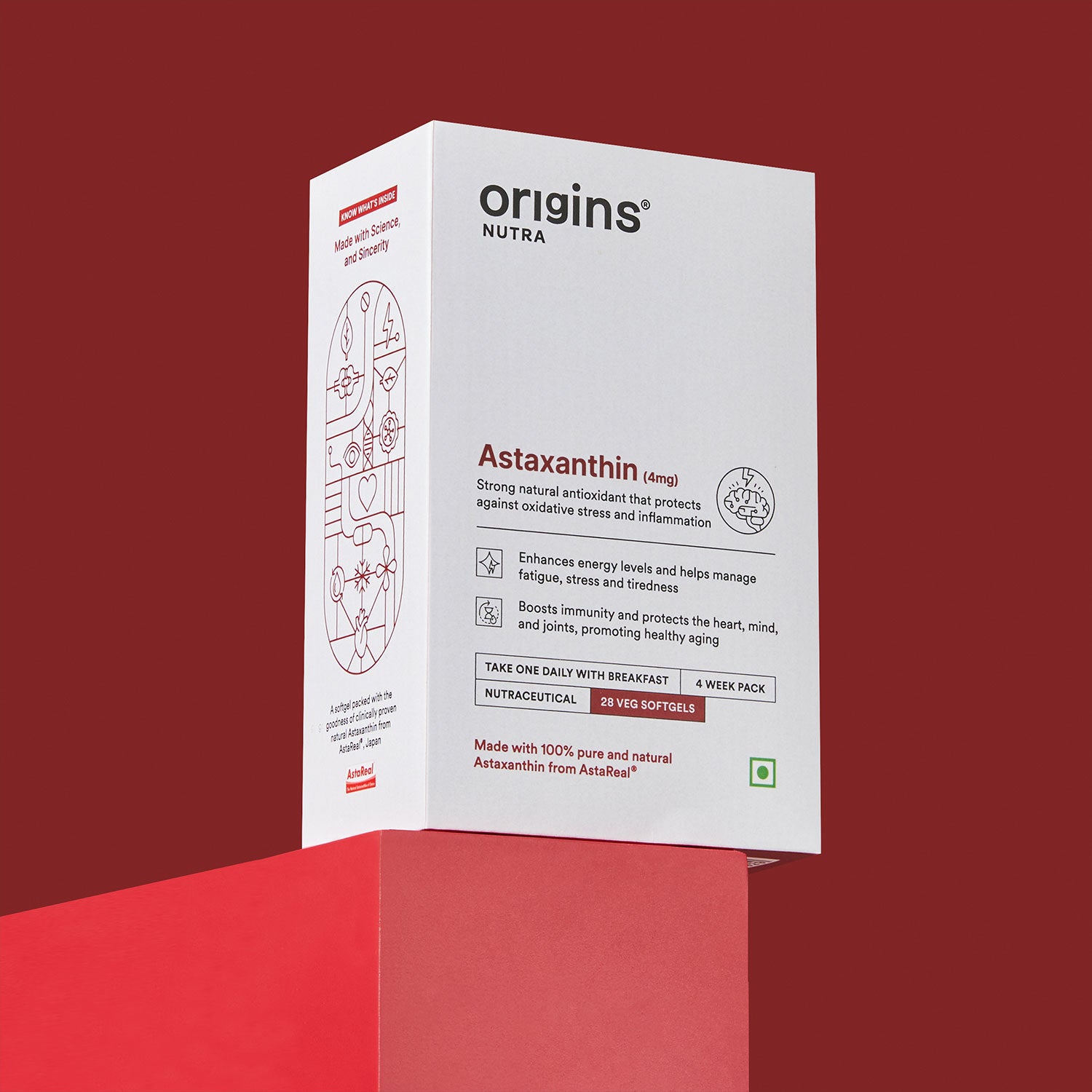
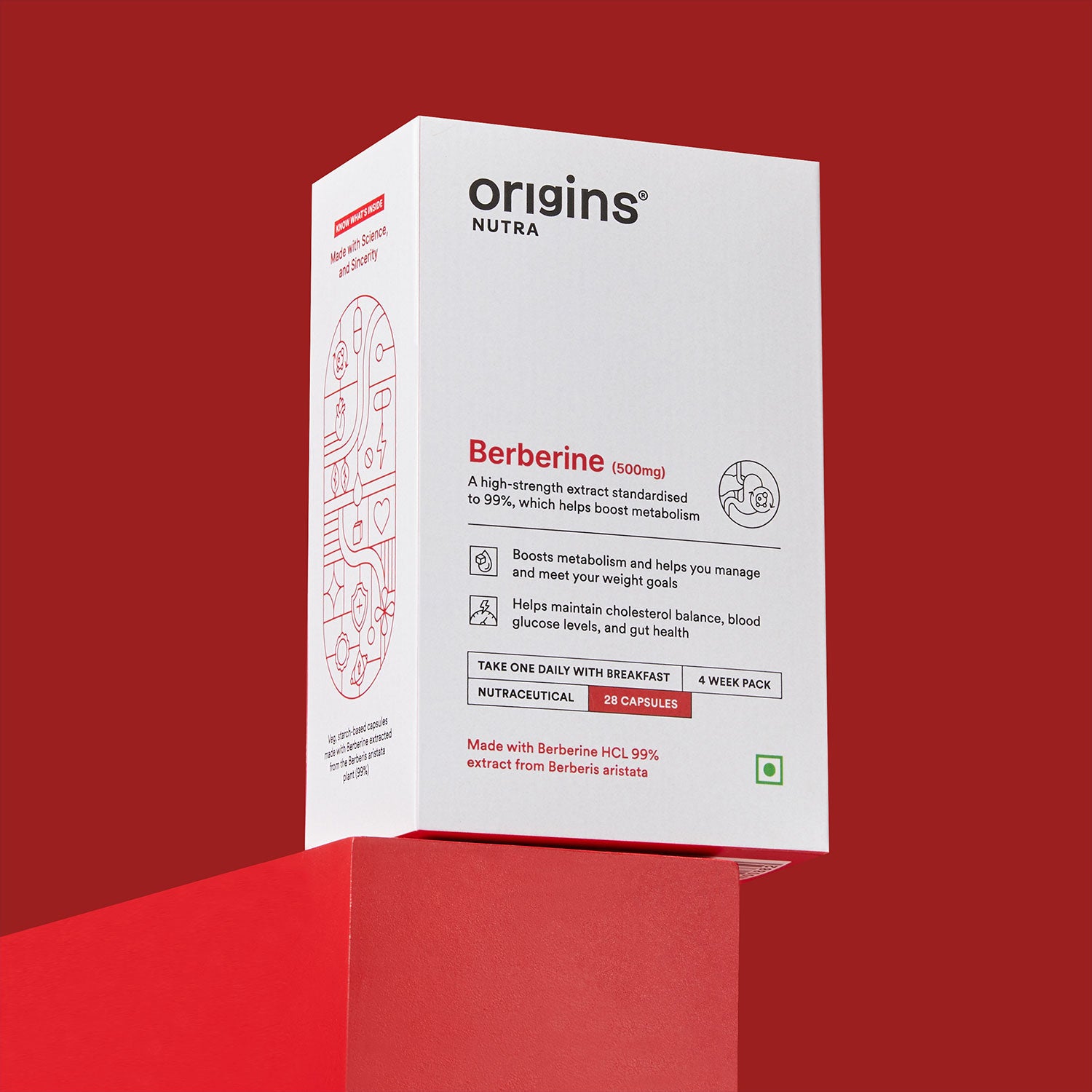
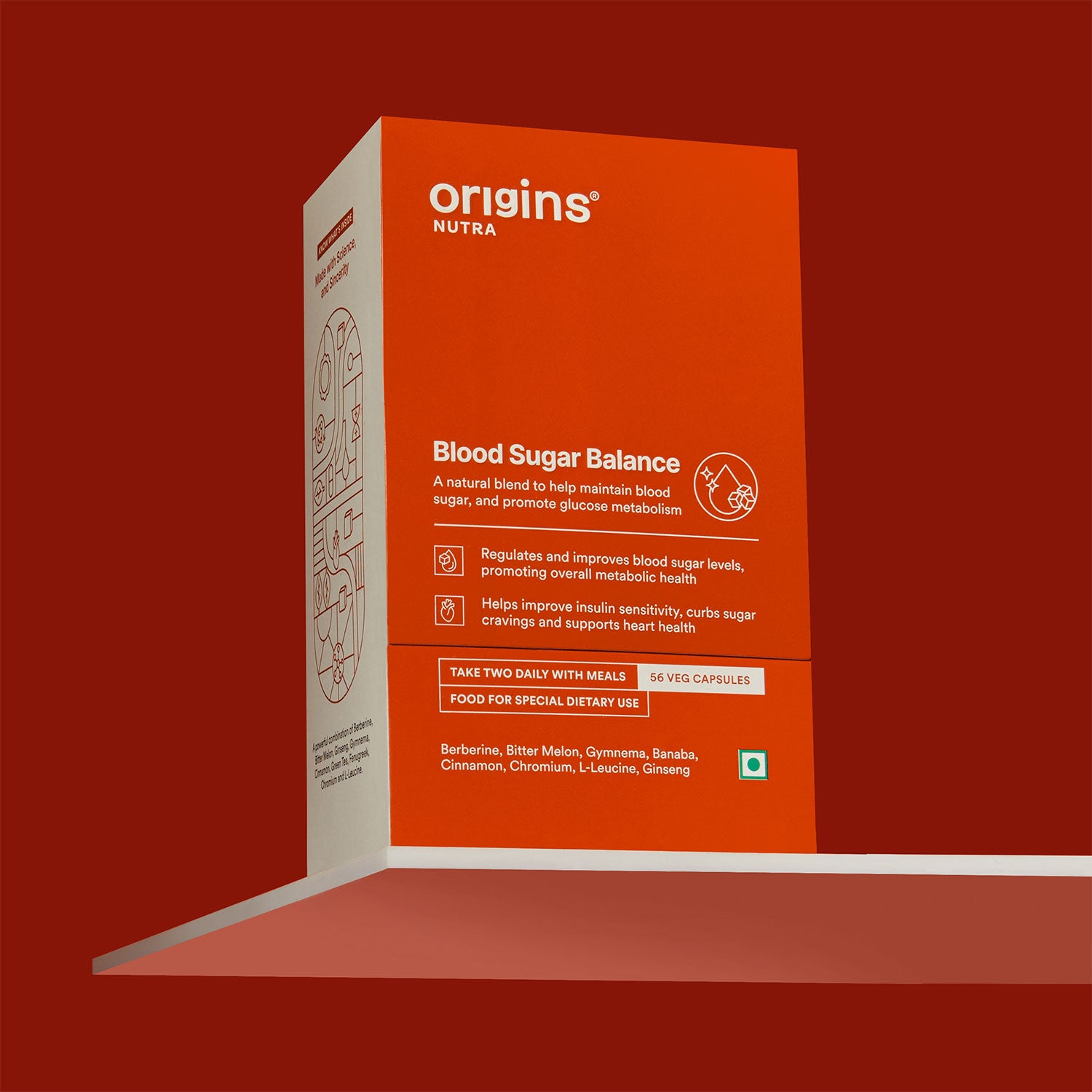
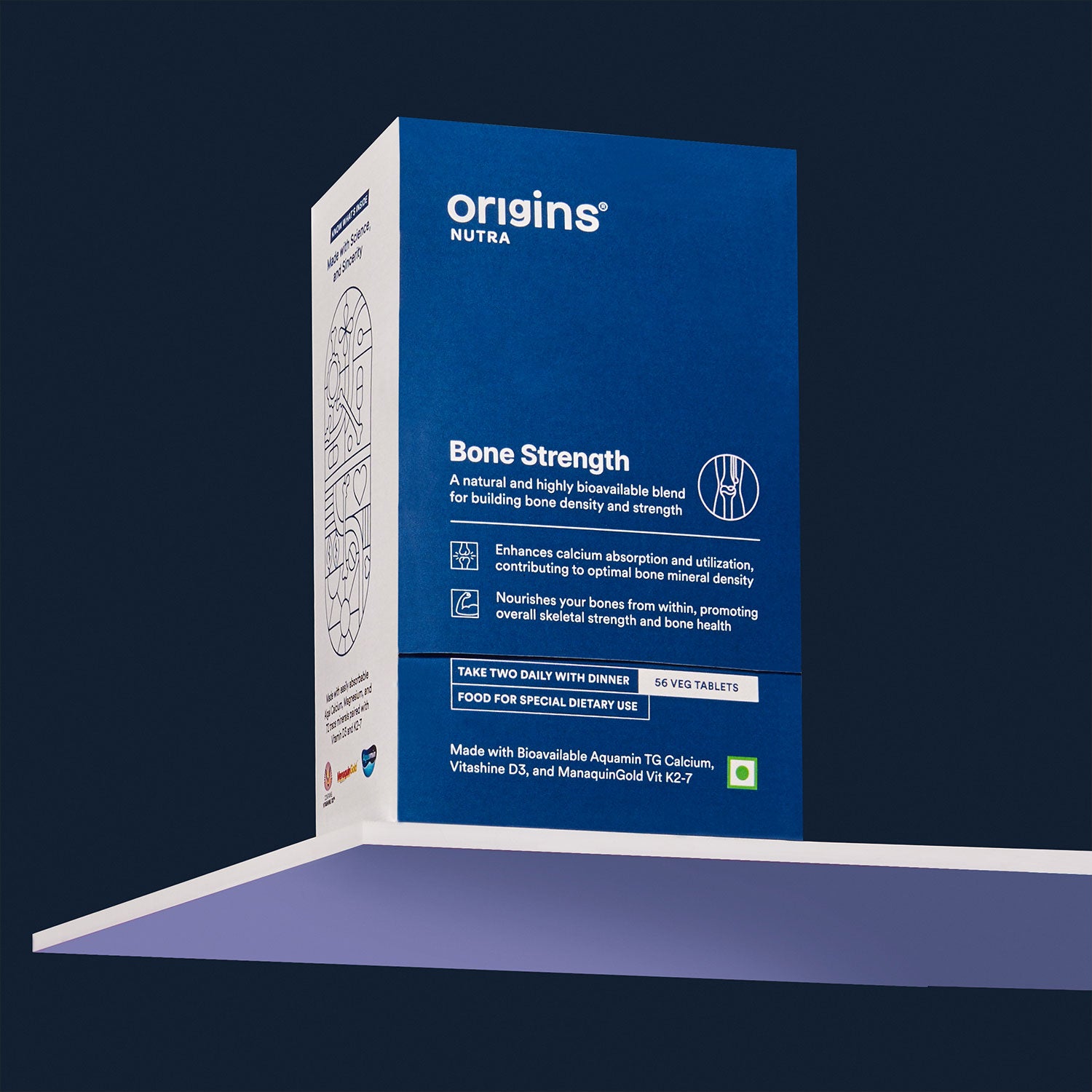
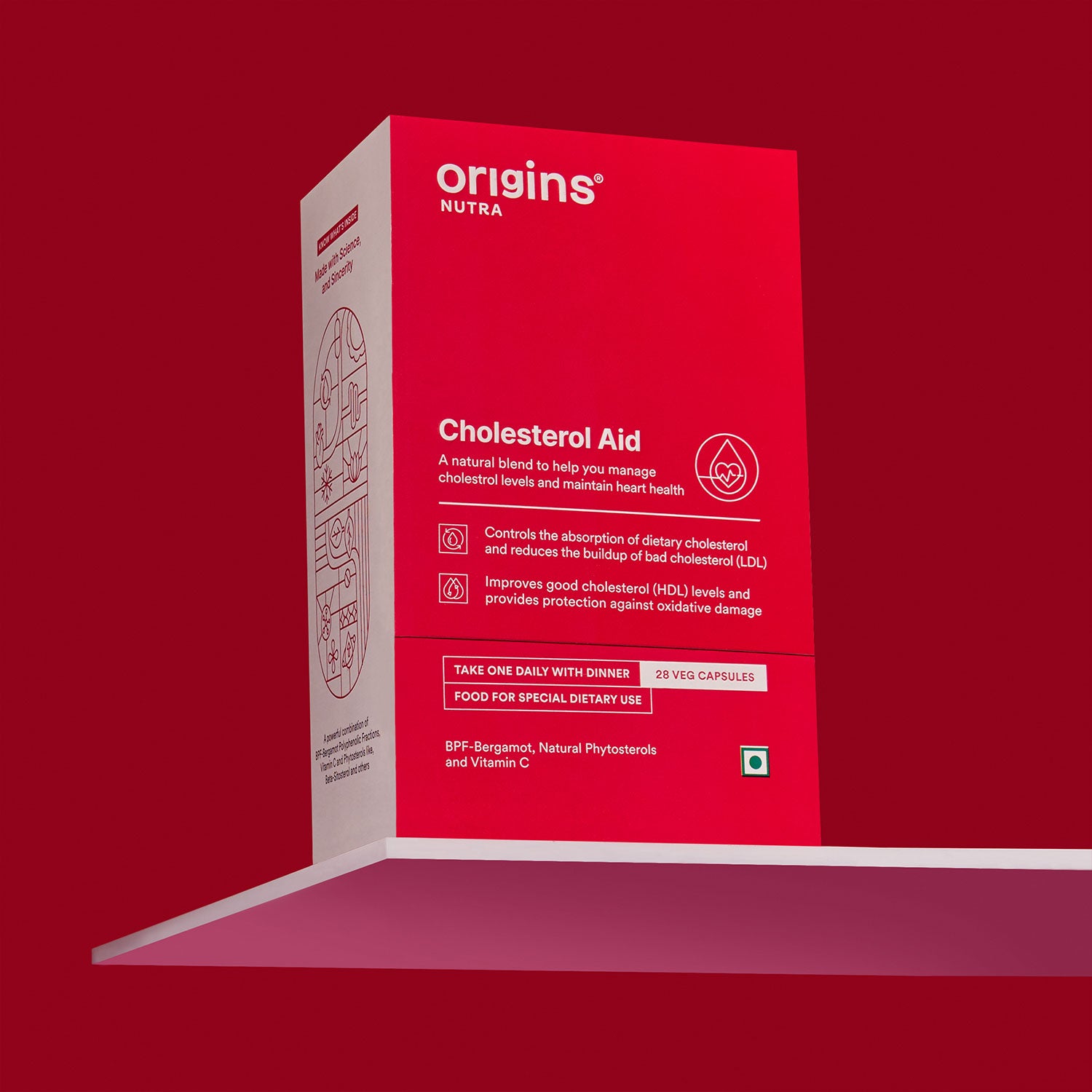
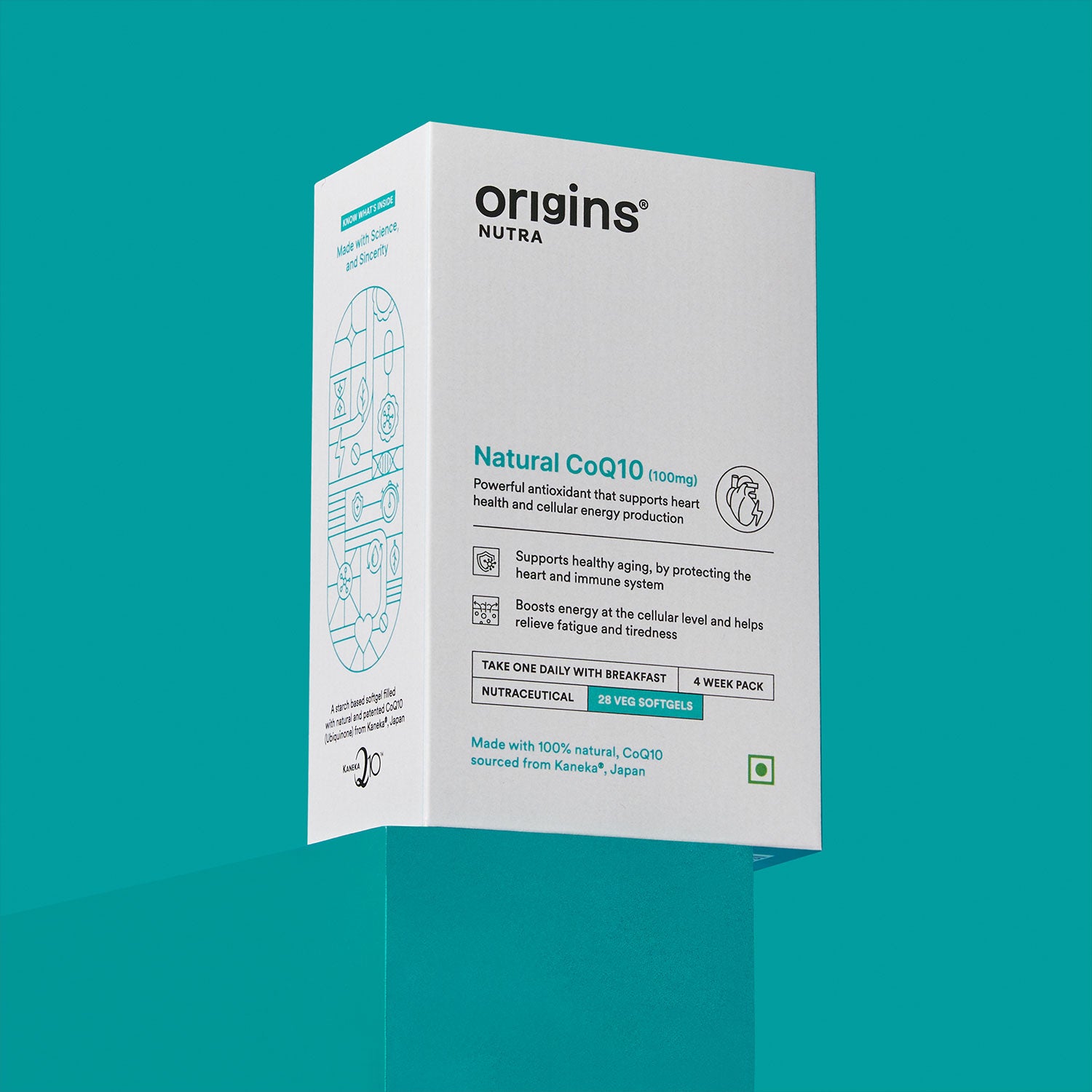
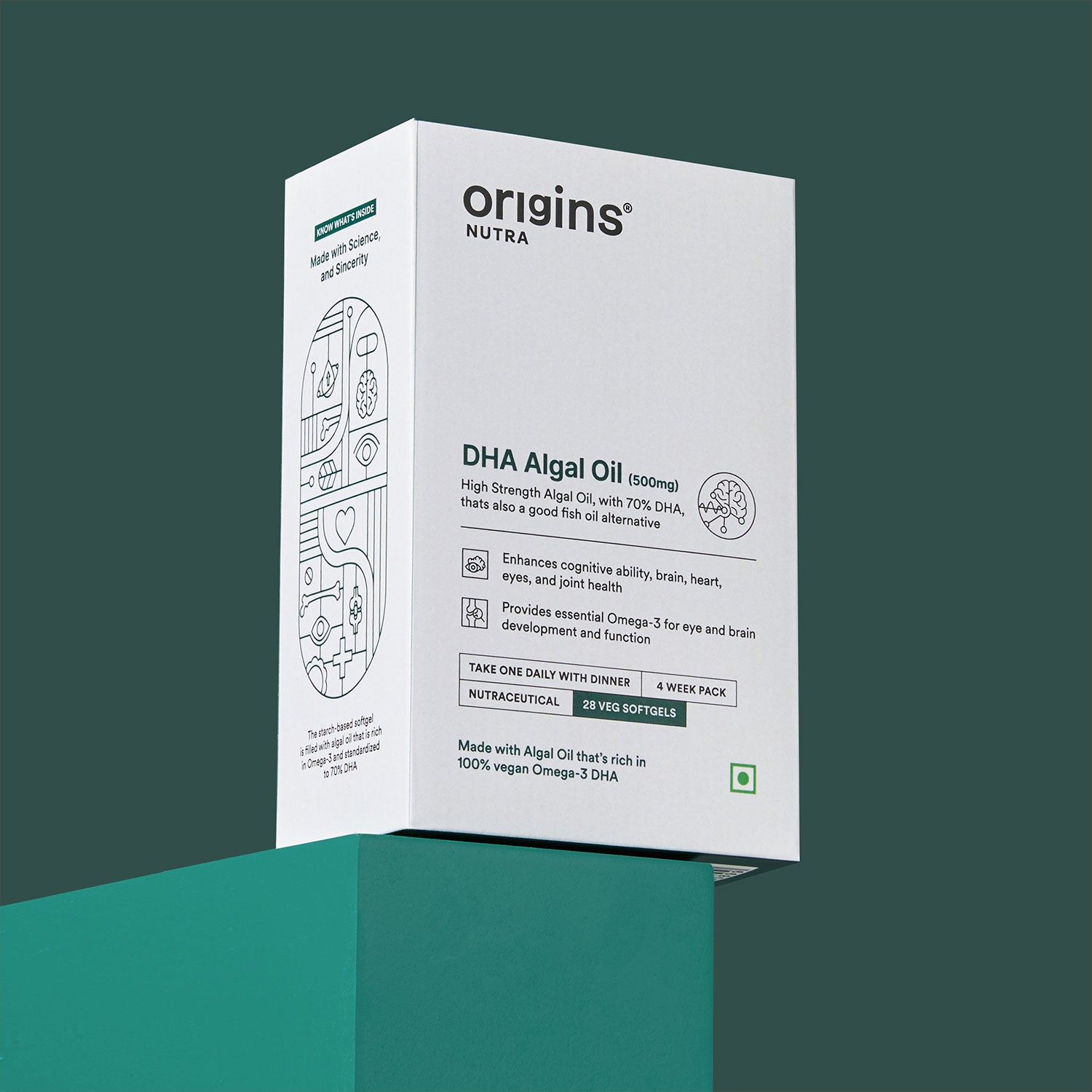
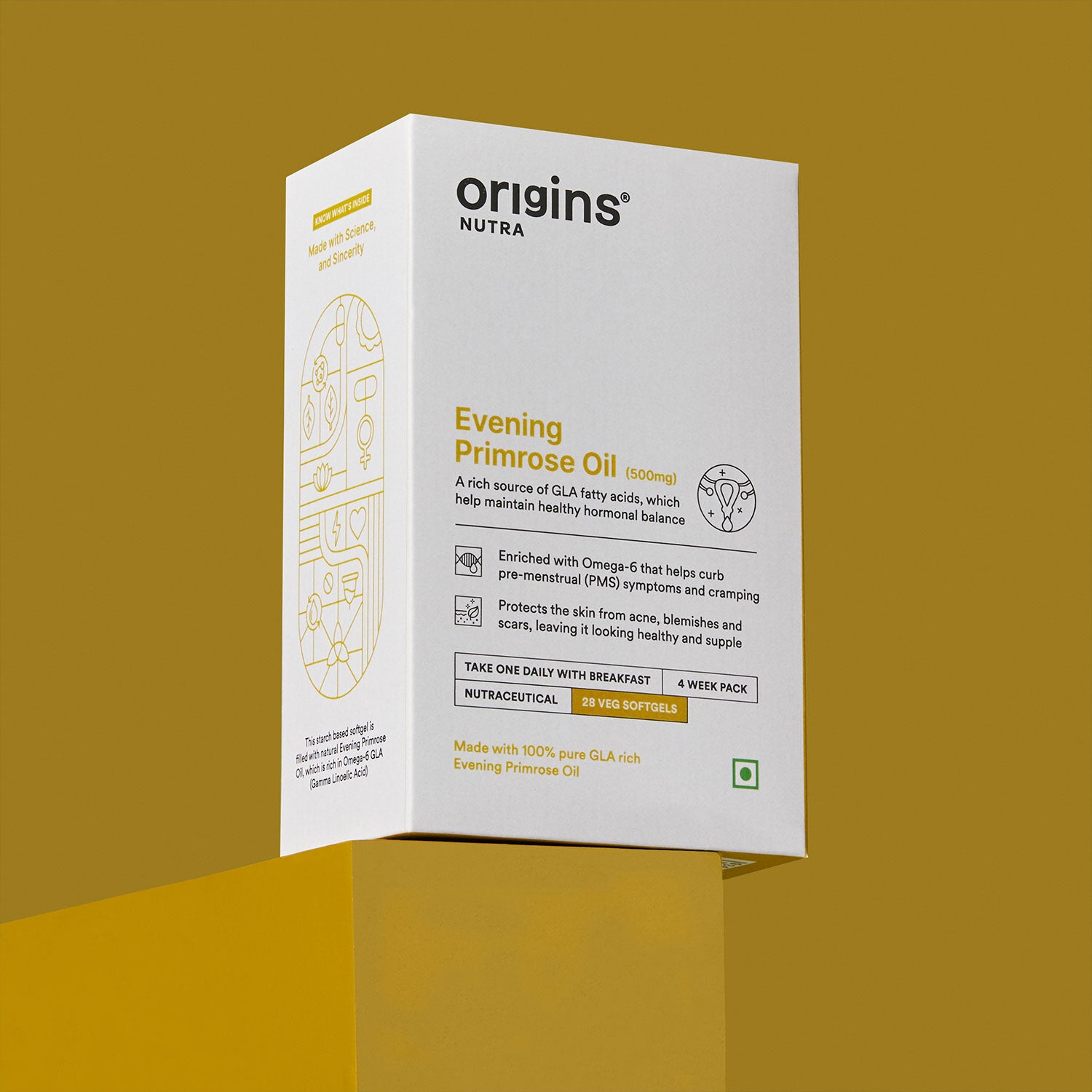
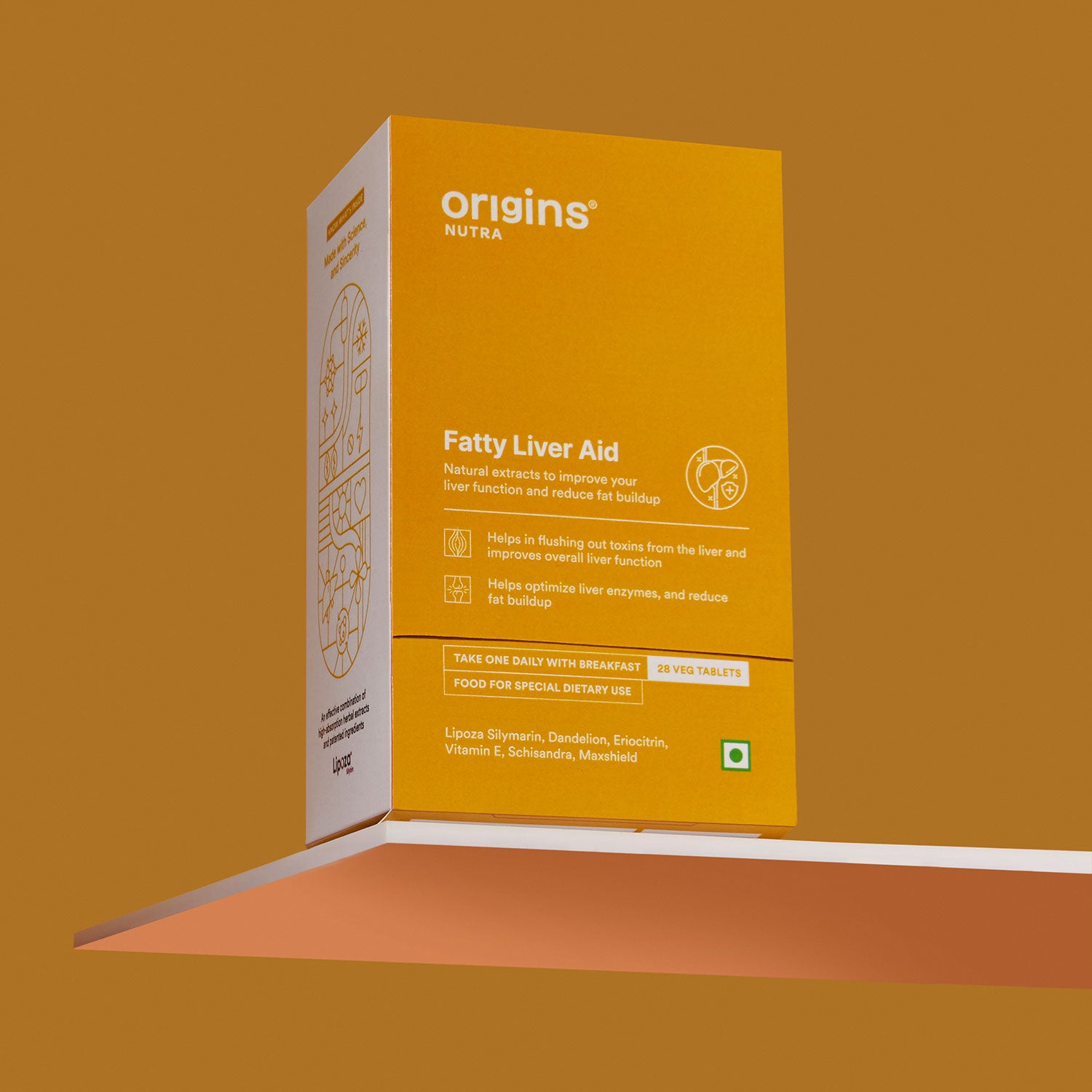

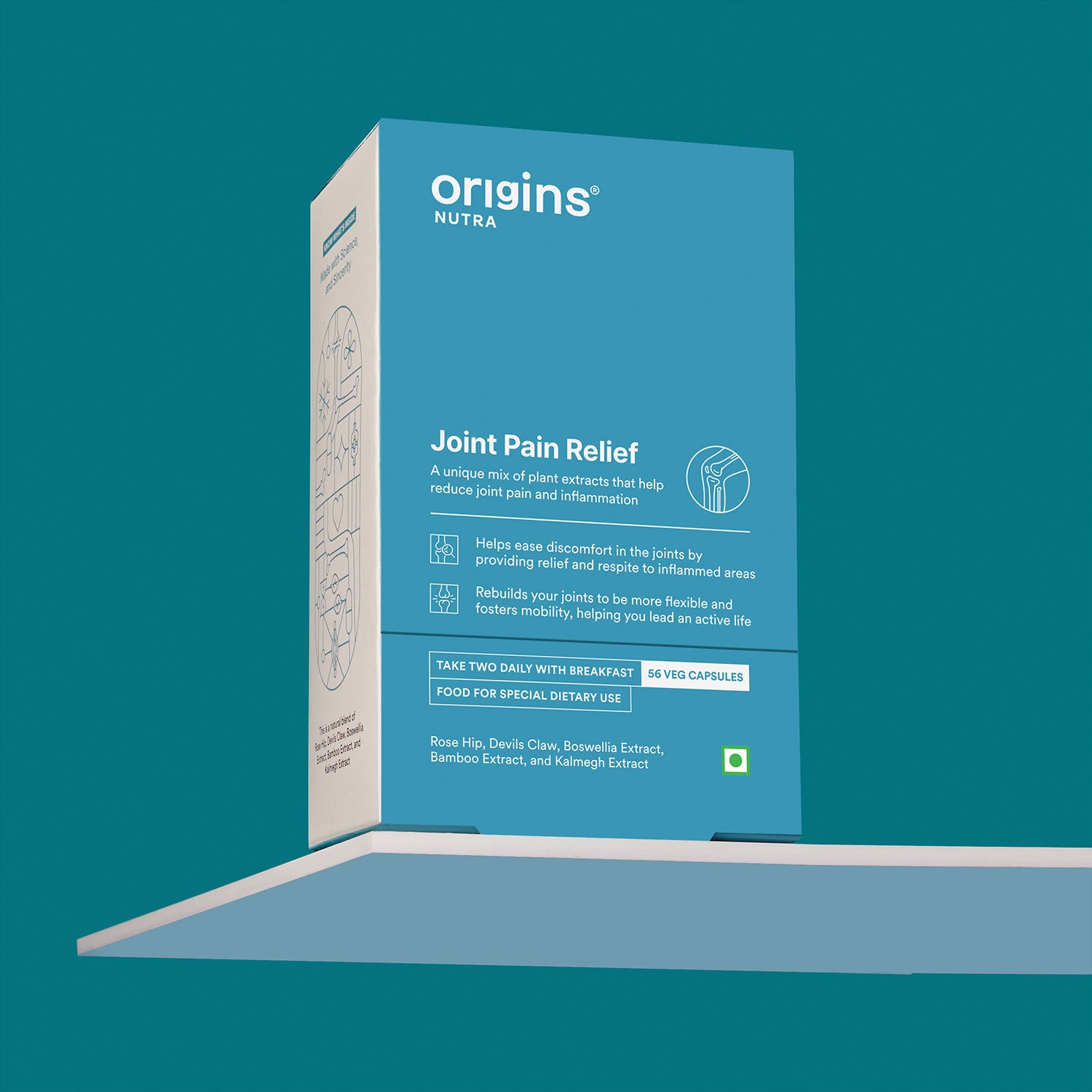
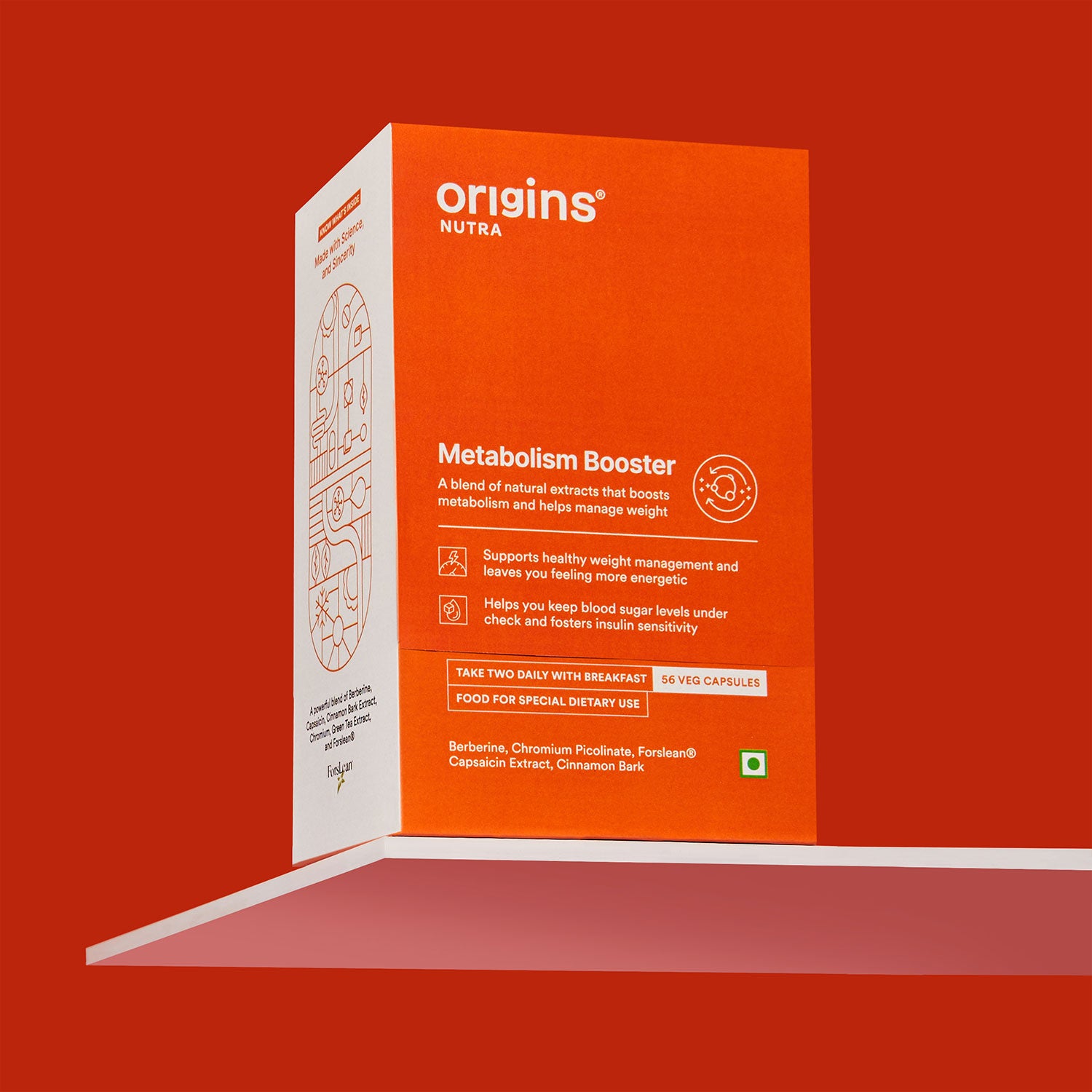
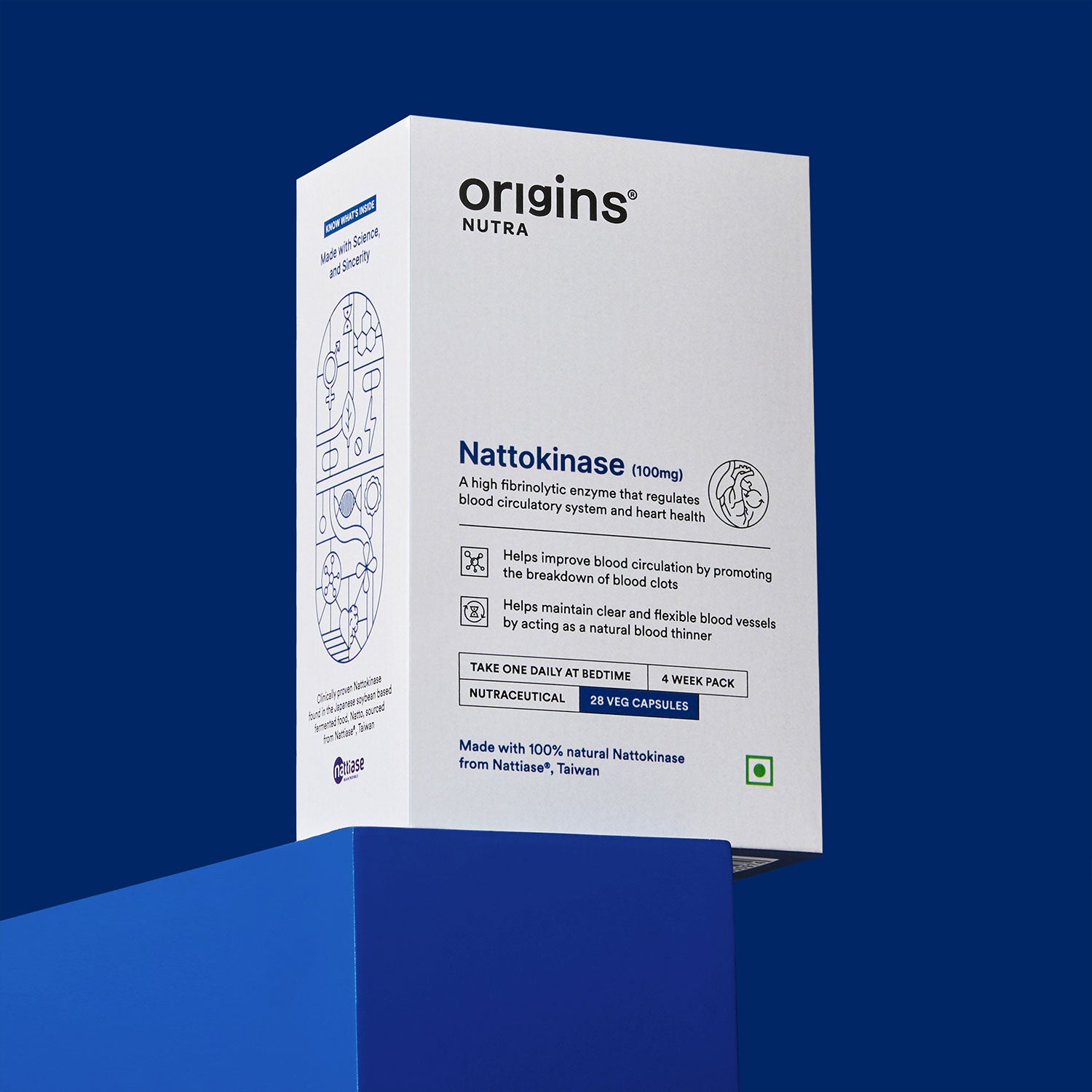
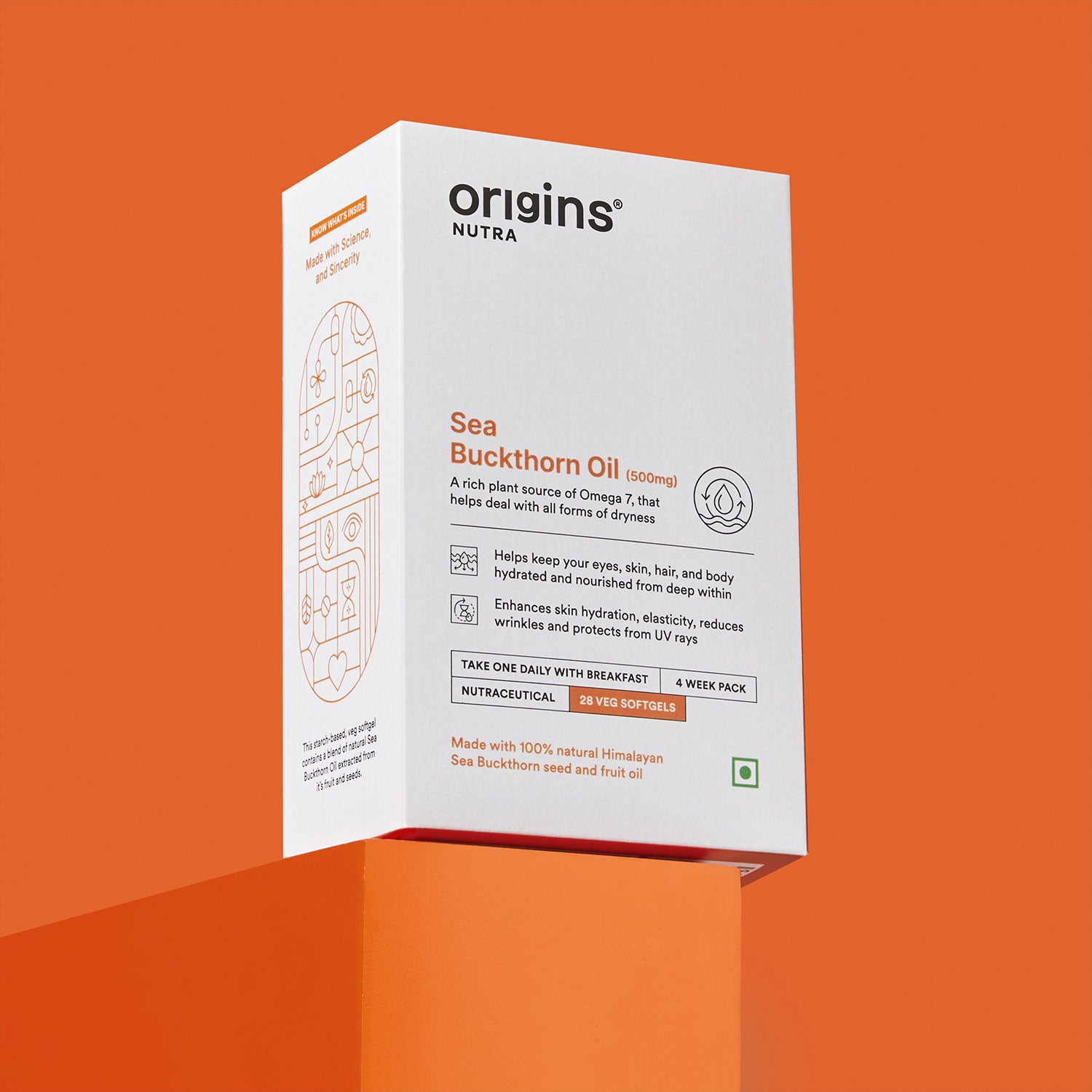
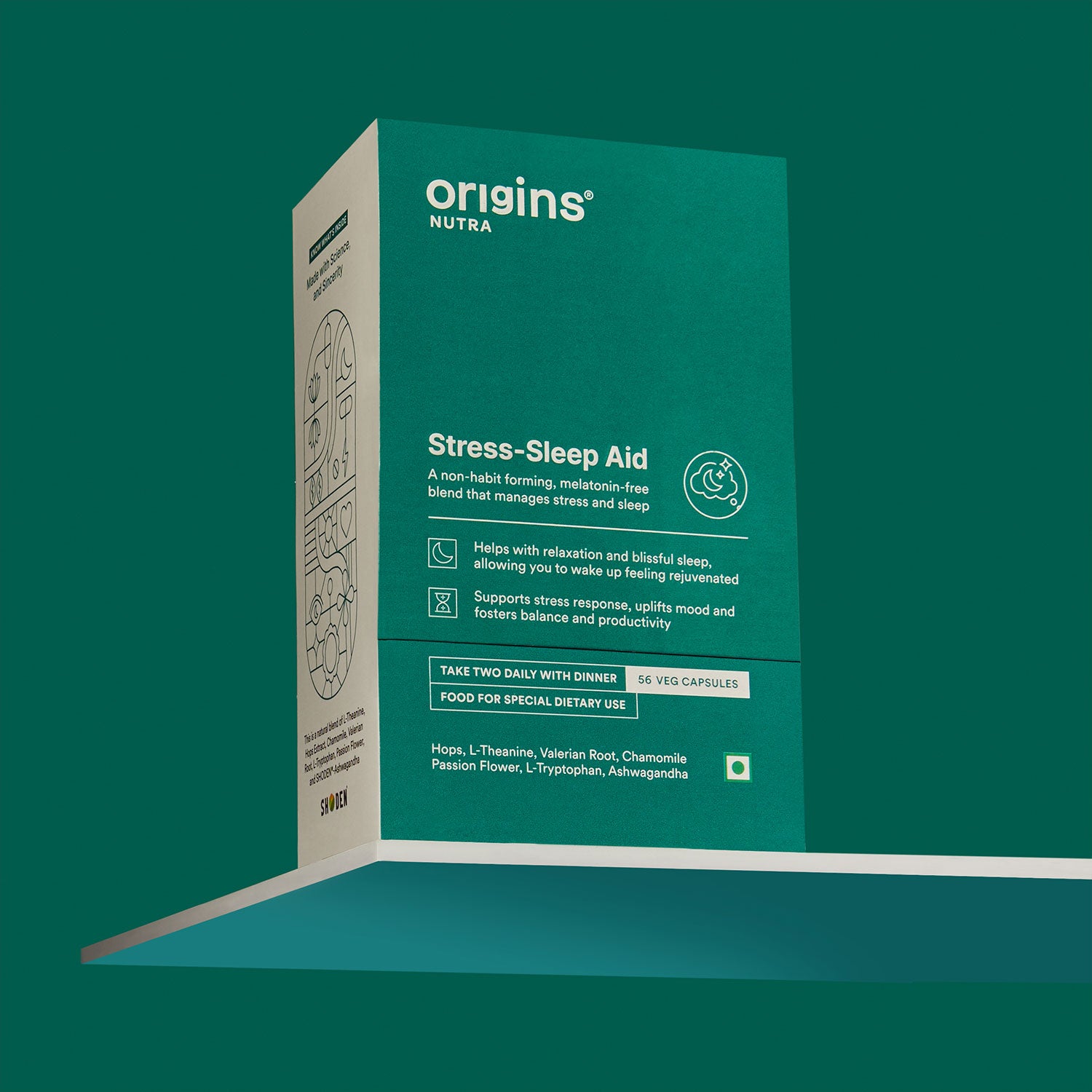
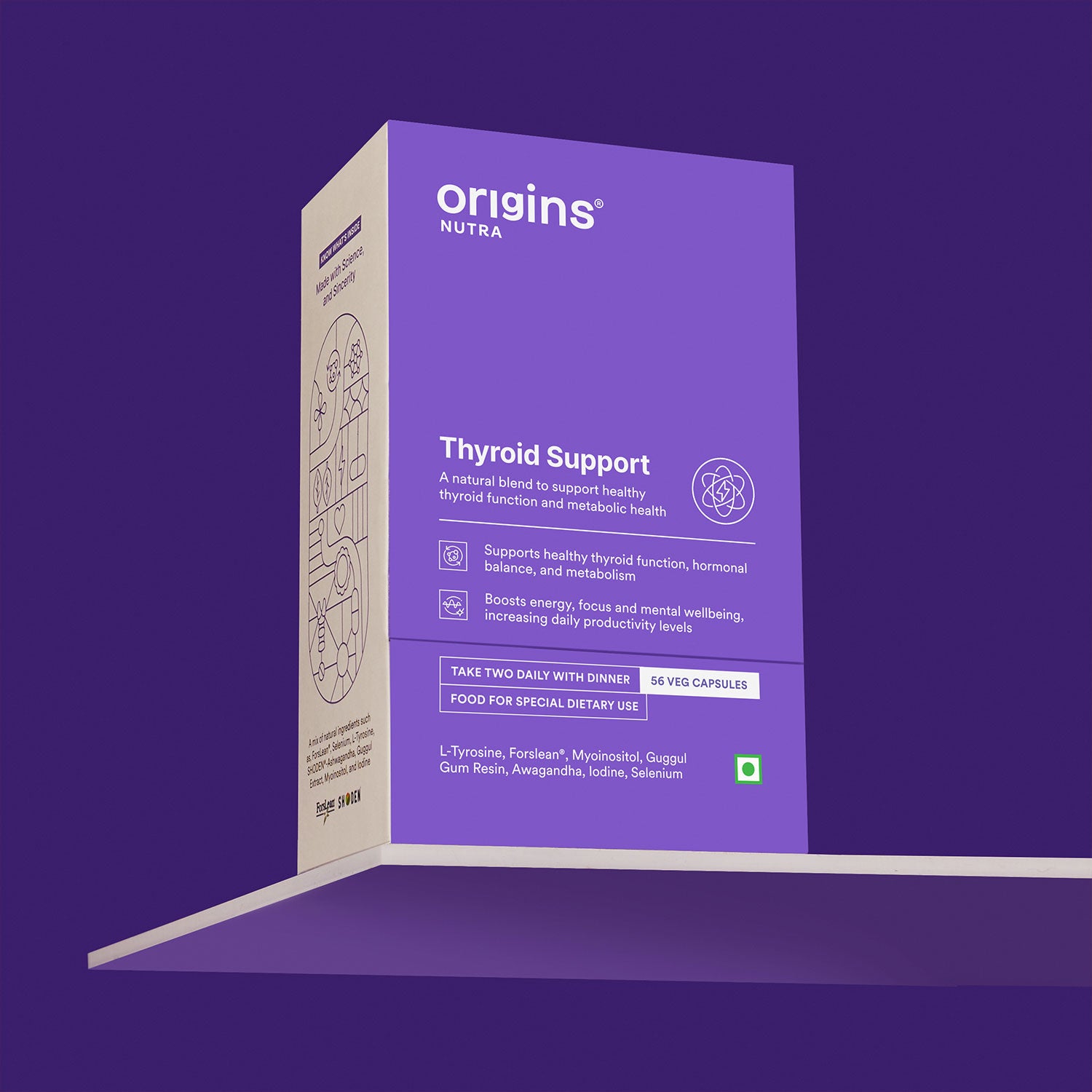
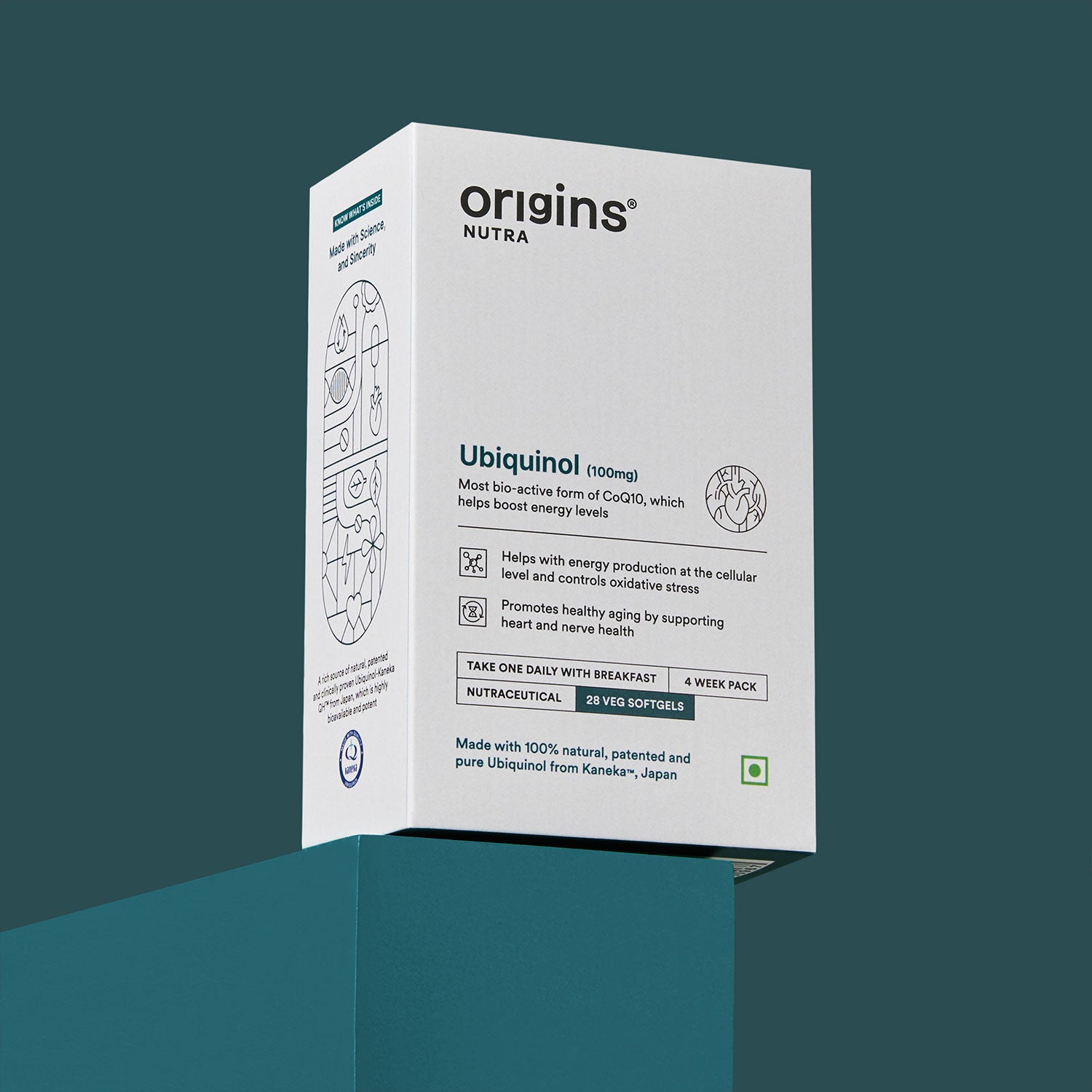





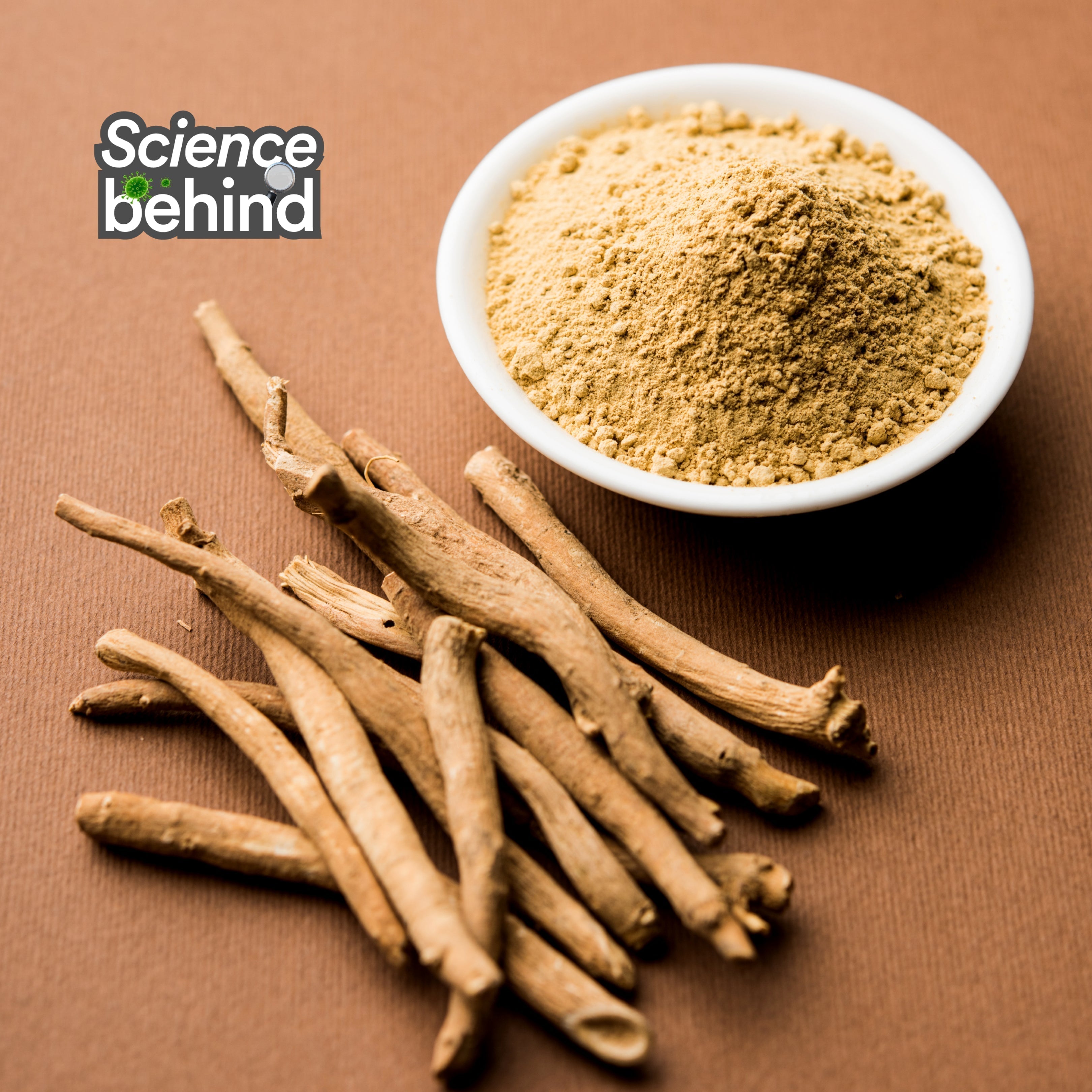




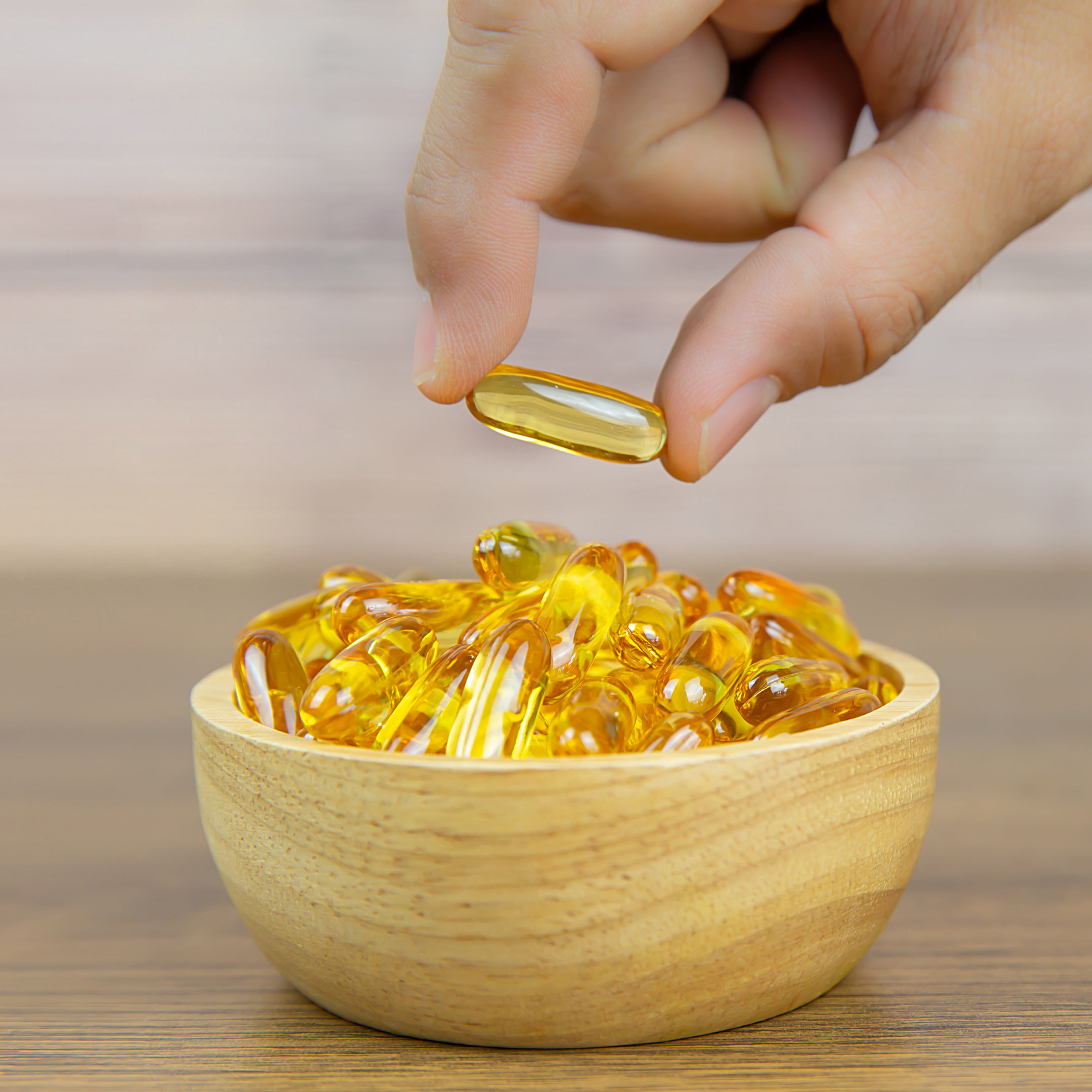


Leave a comment